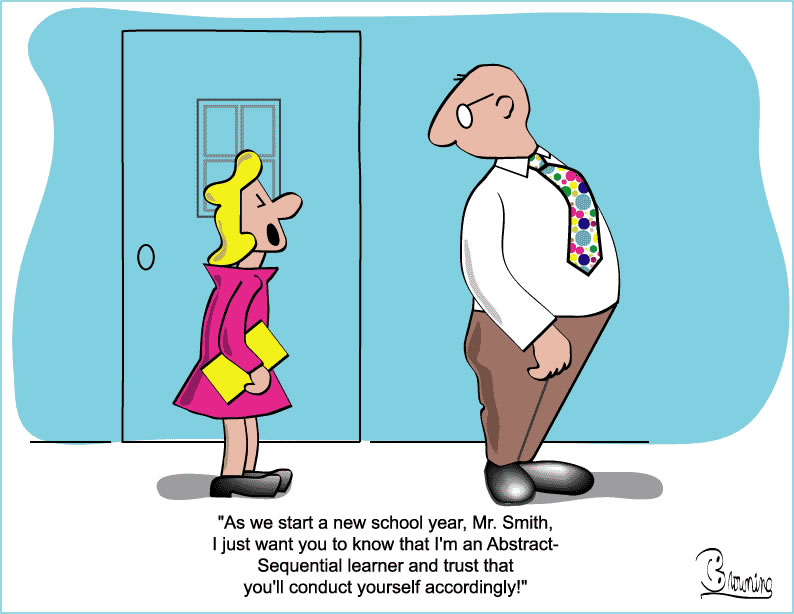Learning style, that is. We all have one – a preferred method for learning, a way that we best process and understand the materials presented to us.
In a traditional law school classroom, much of what is presented appeals to auditory or aural learners: those who learn best by listening. In law school, a professor will typically spend most of the class time either lecturing or calling on students in the Socratic-style. For students who learn best by “doing” (kinesthetic) or who have a preference for visual learning (by flow charts, diagrams, etc), learning in a law school classroom may prove challenging.
Similarly, the traditional method for studying for law school exams – creating outlines of course material – will only really “work” for certain types of students. Students with a read/write preference will benefit from not only the orderly lists and summaries that an outline creates, but also from the act of physically writing or typing the outline. But what about those visual learners? An outline may not appeal to them and may actual make it more difficult for them to “see” the big picture.
So, what can you do if you find yourself in presented with material in a style that doesn’t quite work for you? You can’t exactly ask your professor to start drawing diagrams and charts on the board before each class (well, you can ask but I’m not sure it will work!). But you can do things to help yourself understand the materials after they’ve been presented to you in the “traditional” way.
For example, let’s say you are a kinesthetic learner. Movement helps you learn, so maybe you’d benefit from recording the lectures (with your professor’s permission) and then listening to them while on the treadmill (multi-tasking! Very important in law school!). Or if you are a visual learner, forget about traditional outlines, and create flow-charts or flash cards instead. They’ll serve the same function (a synthesis of the semester’s work, and a vital study tool), but they’ll contain the information in a format that is much more appealing to your learning style and therefore more helpful. Read/write learners will want to take lots of organized notes during lectures, that’s what will help you process the information you are hearing. Auditory learners should find themselves a study group – talking through cases and hypotheticals will prove extremely helpful.
To find out what type of learner you are, there are several websites with short tests you can take:
Then use what you’ve learned to help develop new study strategies or tweak the ones you’ve already been using. And if you find that what you’ve been doing is what works for you – great! The “traditional” law school teaching and studying methods do appeal to many people, myself included. I have a strong read/write preference, and outlining is perfect for me.
Now, if you’ll excuse me, I need to go make a to-do list for myself…….


Leave a Reply